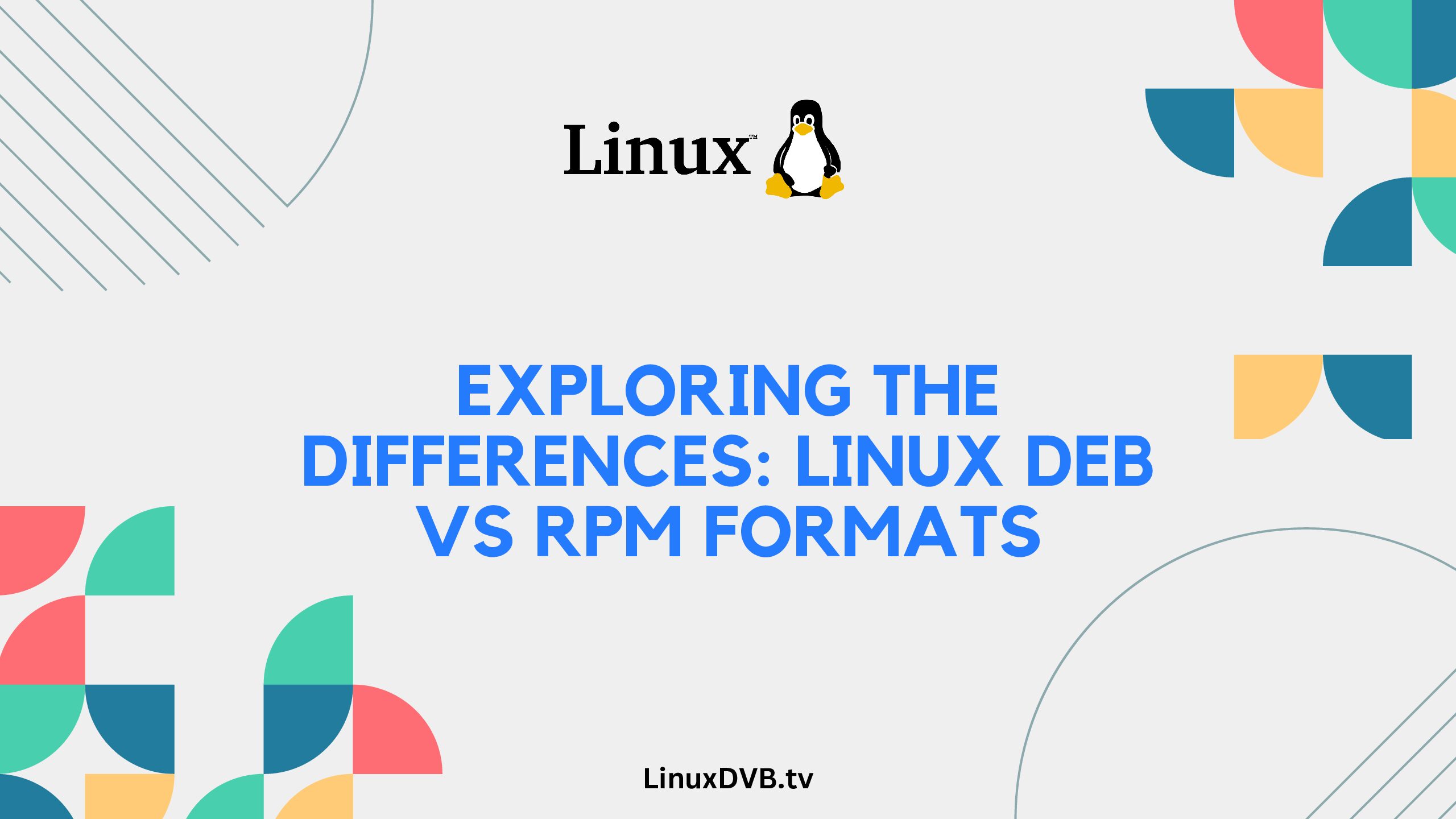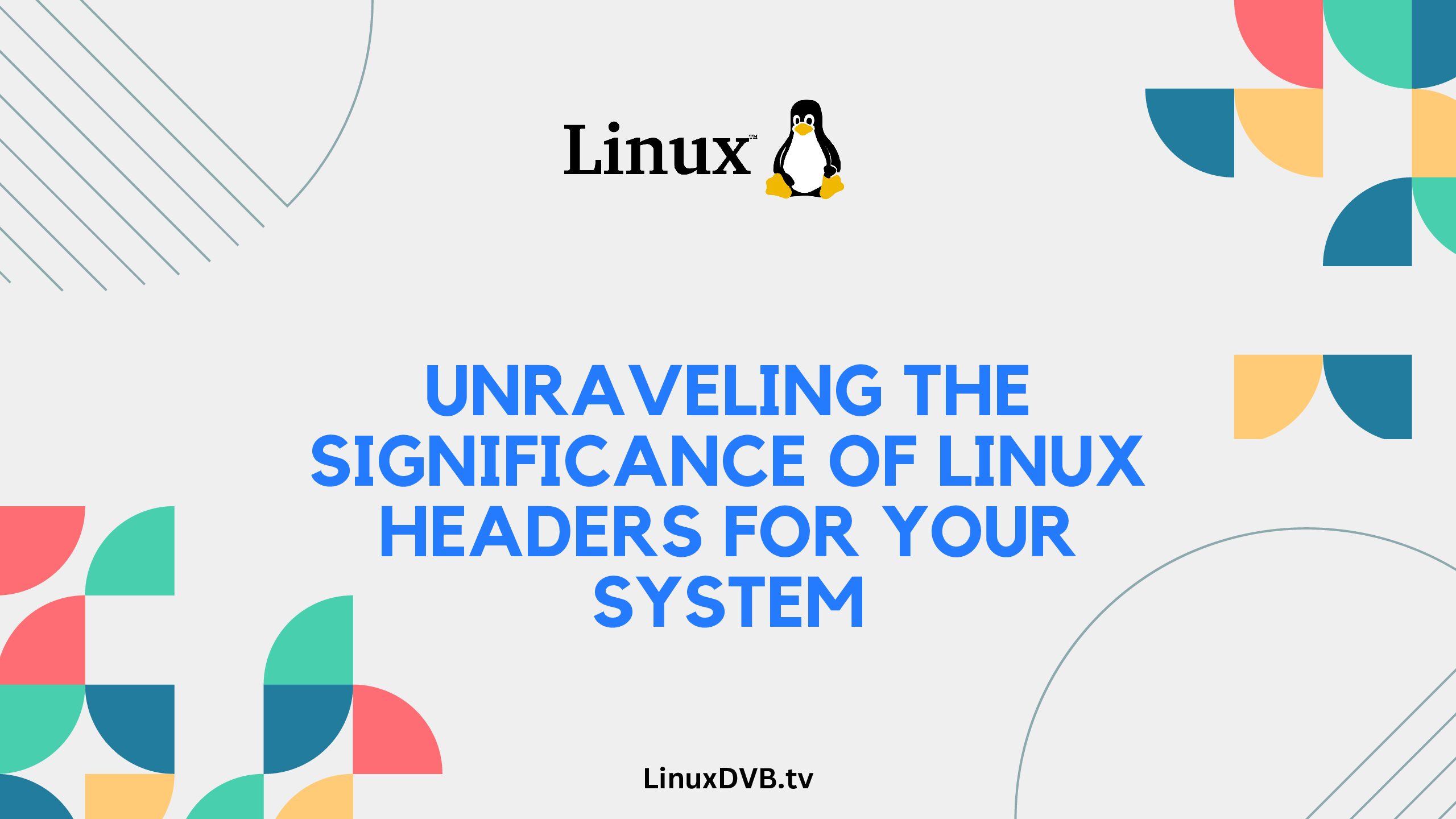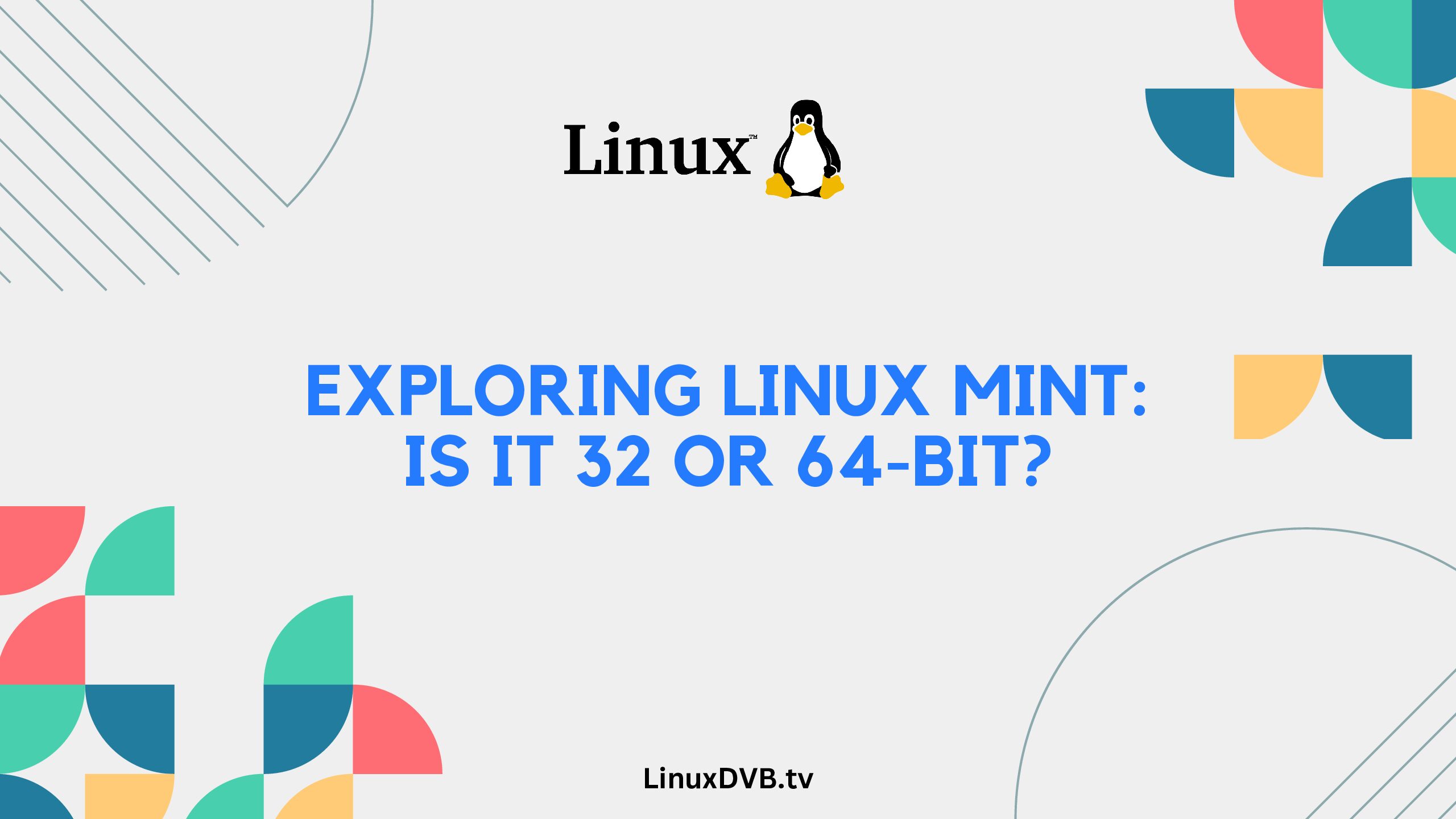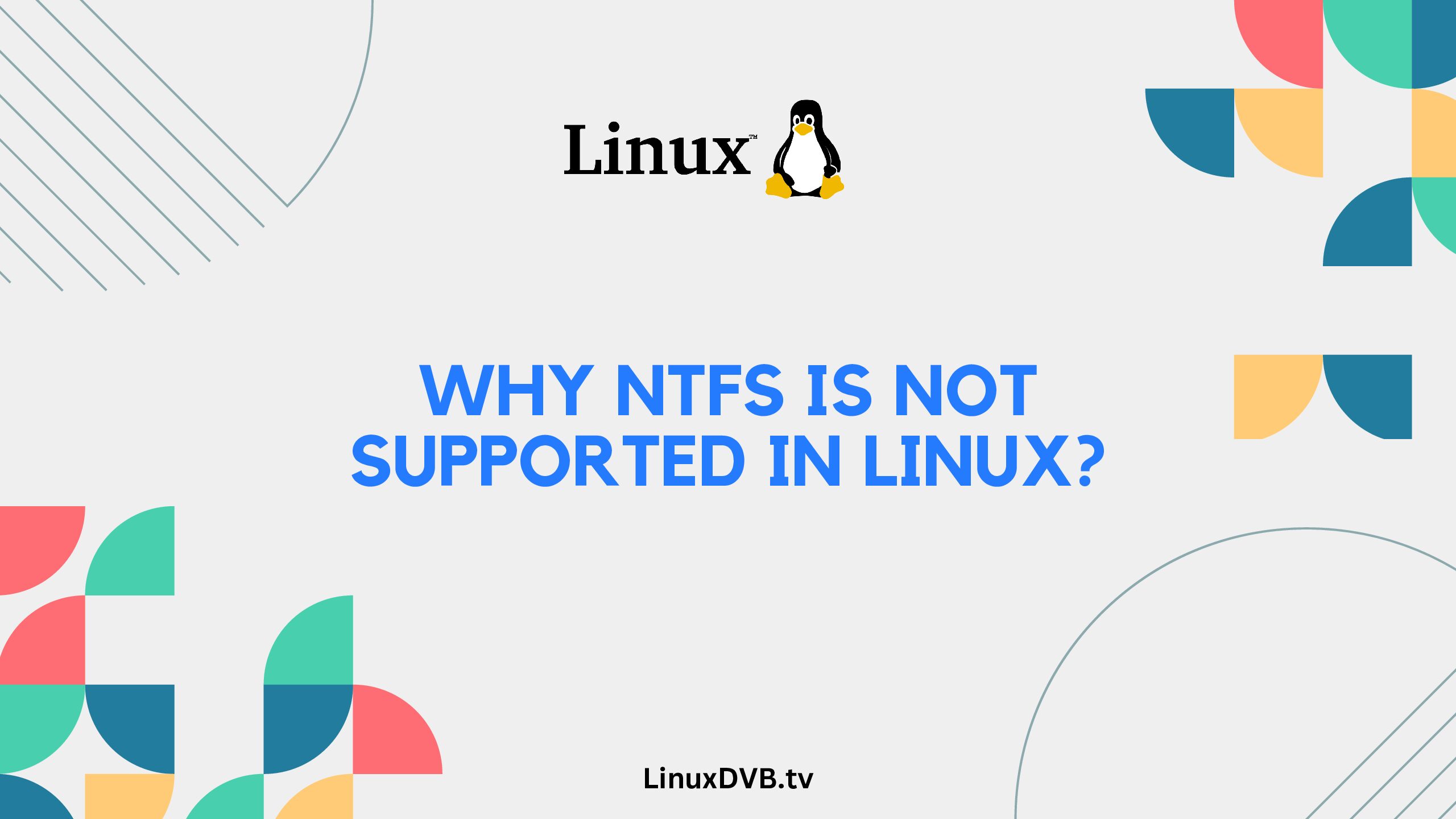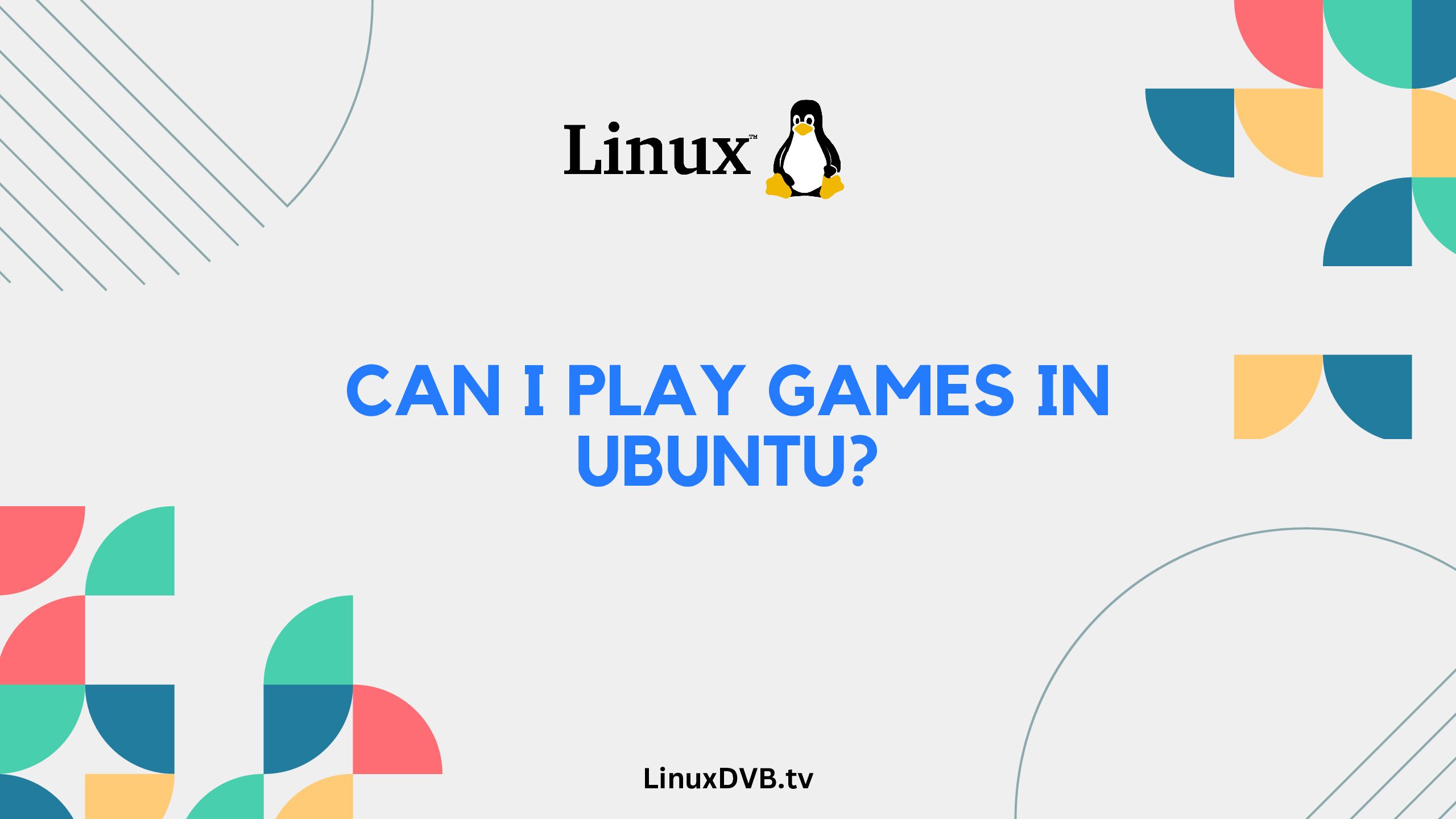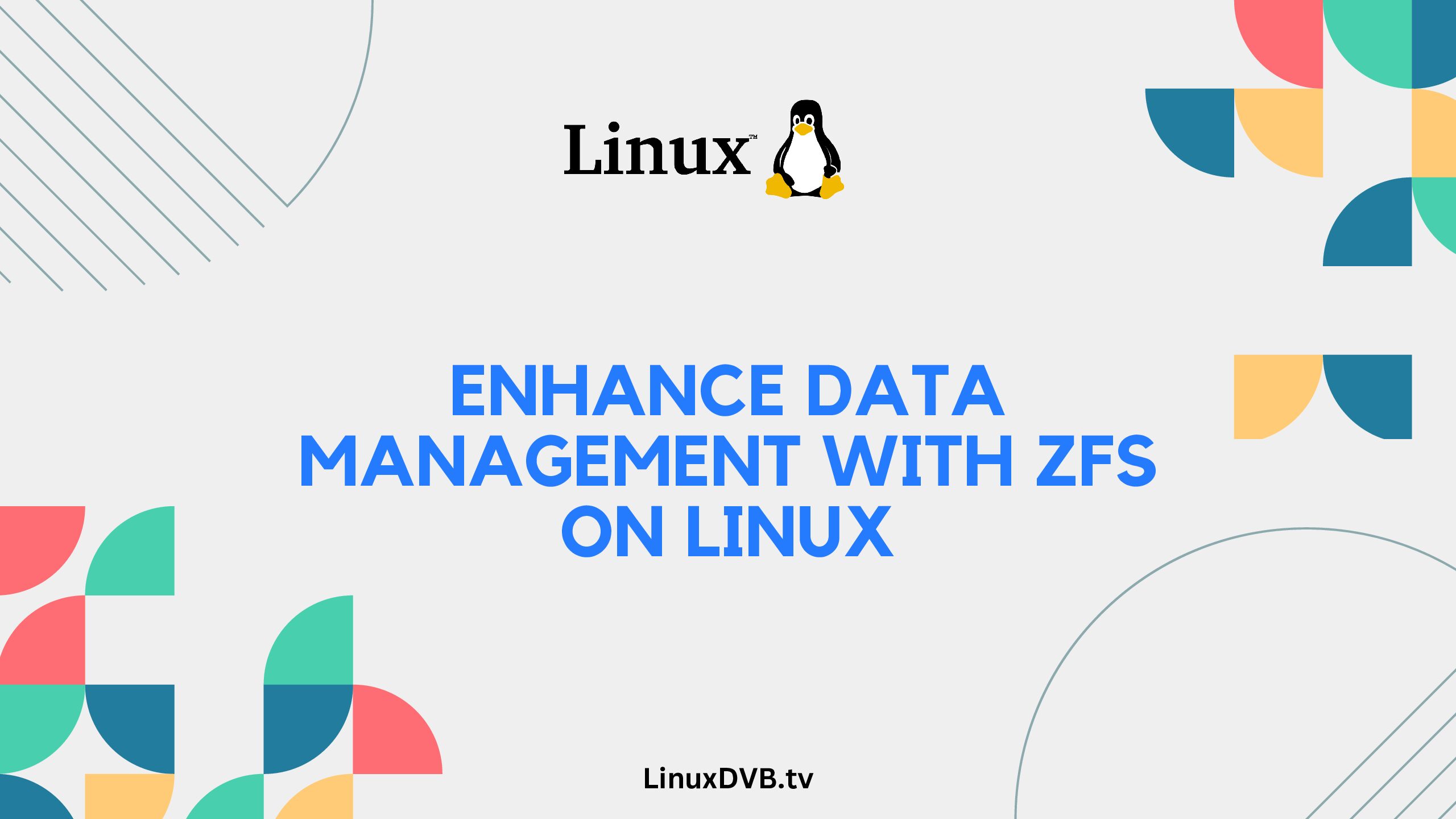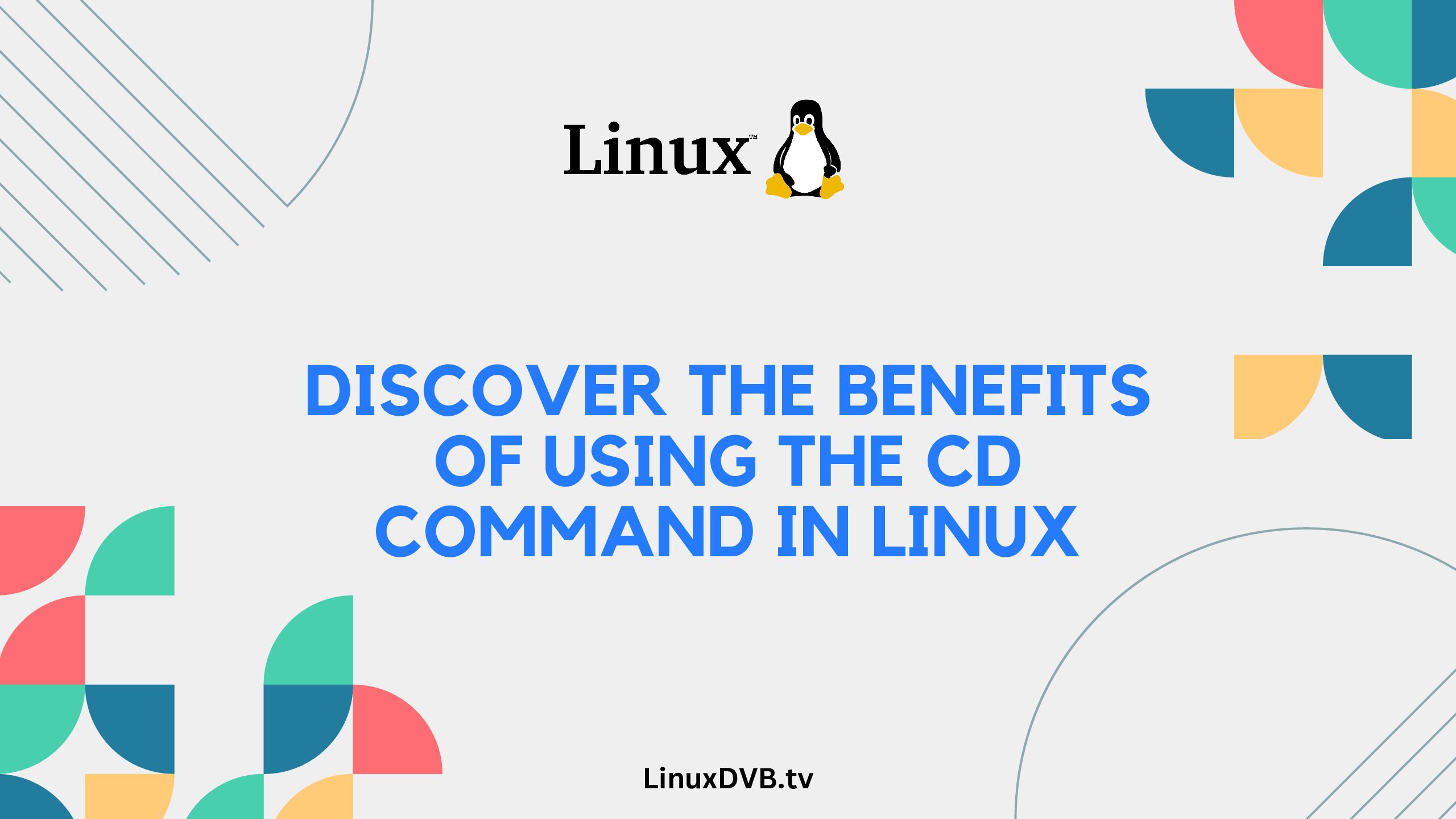Exploring the Differences: Linux DEB vs RPM Formats
Introduction In the world of Linux, two prominent package formats stand out: DEB and RPM. These formats play a crucial role in the distribution of software packages within the Linux ecosystem. Whether you’re a developer, a system administrator, or just an enthusiast, understanding the distinctions between DEB and RPM formats is essential. In this article, … Read more

